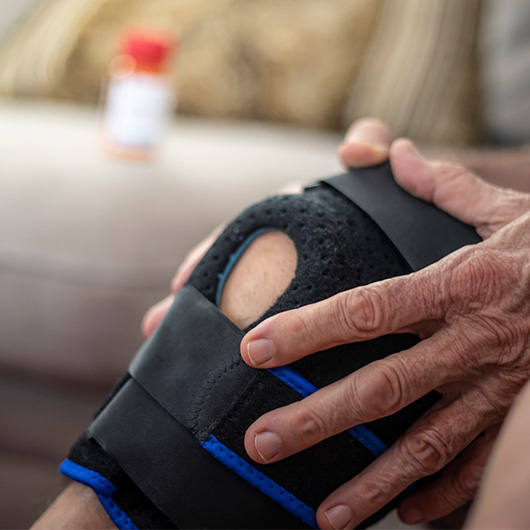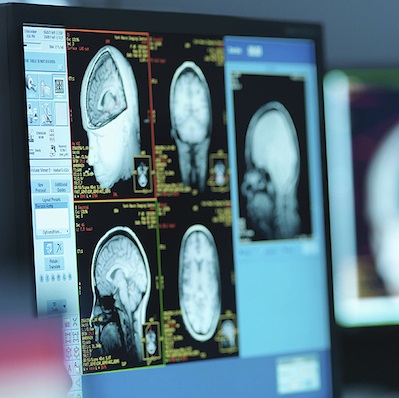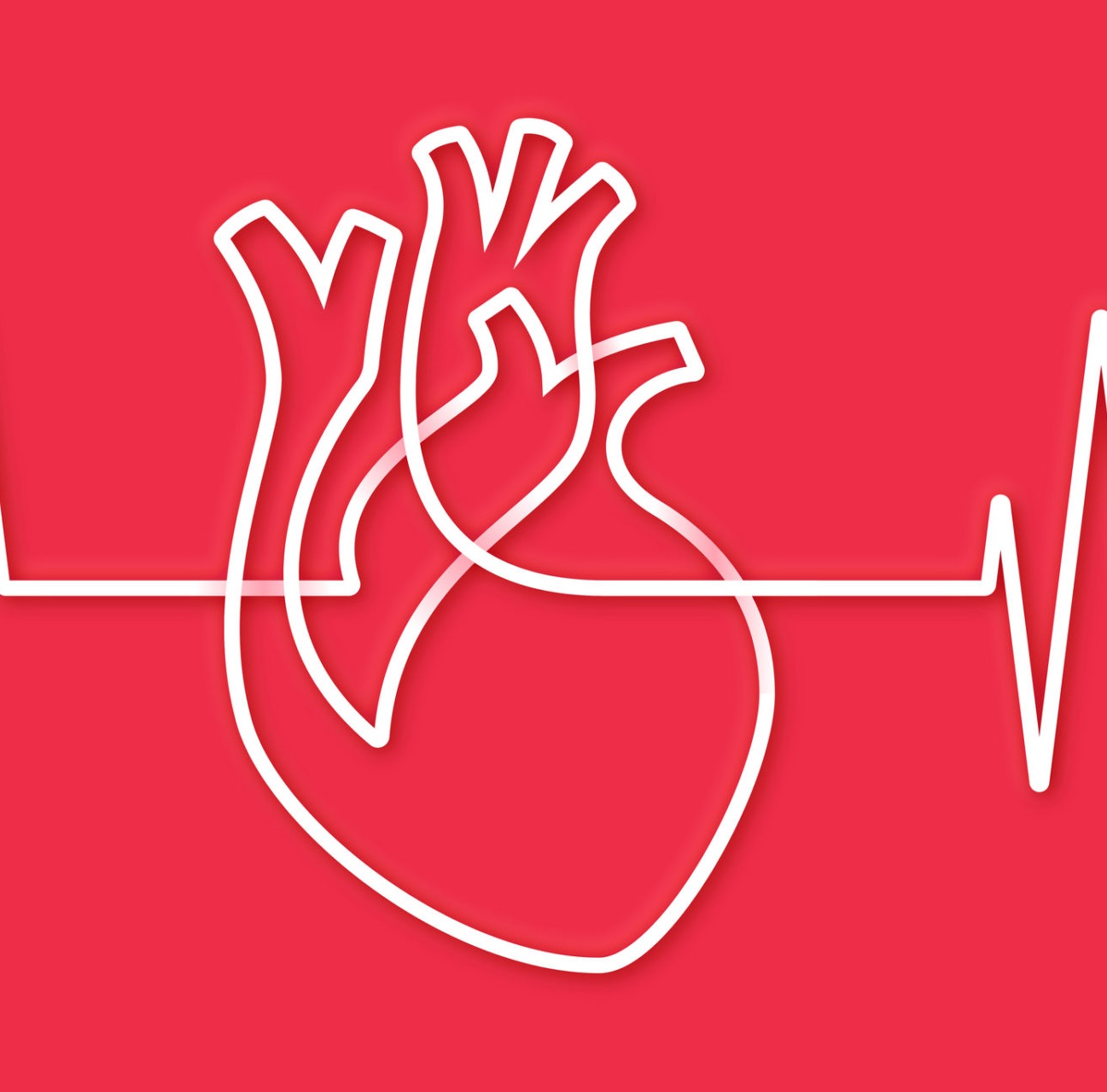Causes and Signs of an Enlarged Thyroid

August 18, 2021
Goiters affect about 16 percent of people worldwide, ranging from just under 5 percent in the United States to 28.3 percent in Africa, according to the National Institutes of Health. But the most common cause of goiters globally—a lack of the nutrient iodine—isn’t a significant issue in the U.S., where iodized salt is routinely used.
“In our country, many goiters are idiopathic, meaning we don’t know the reason why they occur,” says Alexander Shifrin, M.D., an endocrine surgeon at Jersey Shore University Medical Center.
Still, various risk factors can make it more likely that you’ll develop a goiter. These include:
- Gender: Women experience more goiters than men, as well as more thyroid problems overall.
- Age: Goiters happen more often in those over age 40.
- Family history: If you or a family member have dealt with an autoimmune disease, this ups your risk for a goiter.
- Pregnancy and menopause: Thyroid problems happen more often during these hormone-fluctuating times in women’s lives.
- Radiation exposure: Those who’ve undergone radiation treatments to the head, neck or chest, or have been exposed to radiation from a nuclear facility or accident, are more prone.
Symptoms of Enlarged Thyroids
Located at the base of the neck, the thyroid produces hormones that regulate a variety of crucial bodily functions, ranging from helping us keep warm and use energy to fueling proper function of organs and muscles. The development of a goiter doesn’t mean the gland isn’t working. But this enlargement, which can happen slowly or quickly, may also signal the thyroid is making too much or too little hormone.
What signs of a goiter should you watch for? Dr. Shifrin says size matters. “Watch for an enlargement of the thyroid,” he says, including swelling at the base of your neck. “Every enlarged gland should be checked for cancer.”
According to the American Thyroid Association, you should also watch for these signs:
- Trouble swallowing, breathing or speaking normally
- Coughing
- Tightness in the throat
Most goiters aren’t cancerous, Dr. Shifrin says, but you should still have it checked by your primary physician or an endocrine specialist. Blood tests alone can’t usually determine if thyroid cancer is present. “Ninety percent of thyroid cancers are detected by palpating the gland and a thyroid ultrasound,” Dr. Shifrin says.
The material provided through HealthU is intended to be used as general information only and should not replace the advice of your physician. Always consult your physician for individual care.
How to Protect Your Child From Lead

Exposure to lead can cause irreversible neurological damage, which is why all children should be tested.
Do Over-the-Counter Knee Braces Help?

Knee pain from injuries or arthritis isn’t one-size-fits-all.

Do You Feel Like Your Bladder Is Dropping?
Pelvic organ prolapse - a condition where the muscles in the pelvis can no longer support the pelvic organs - affects almost half at some point in their lives.

Overcoming Quarantine Anxiety
If you are feeling anxious or burnt out from COVID-related stress and isolation, you aren’t alone.

8 Possible Causes (and Treatments) for Your Dizziness
Research shows that dizziness, vertigo and balance problems affect about 15 percent of U.S. adults each year.

Is it a Heart Attack? Watch for These Less Common Signs
You may know chest pain, tightness and pressure are classic clues of a heart attack, but a wide range of equally concerning symptoms don’t fall under these “textbook” heart attack signs,